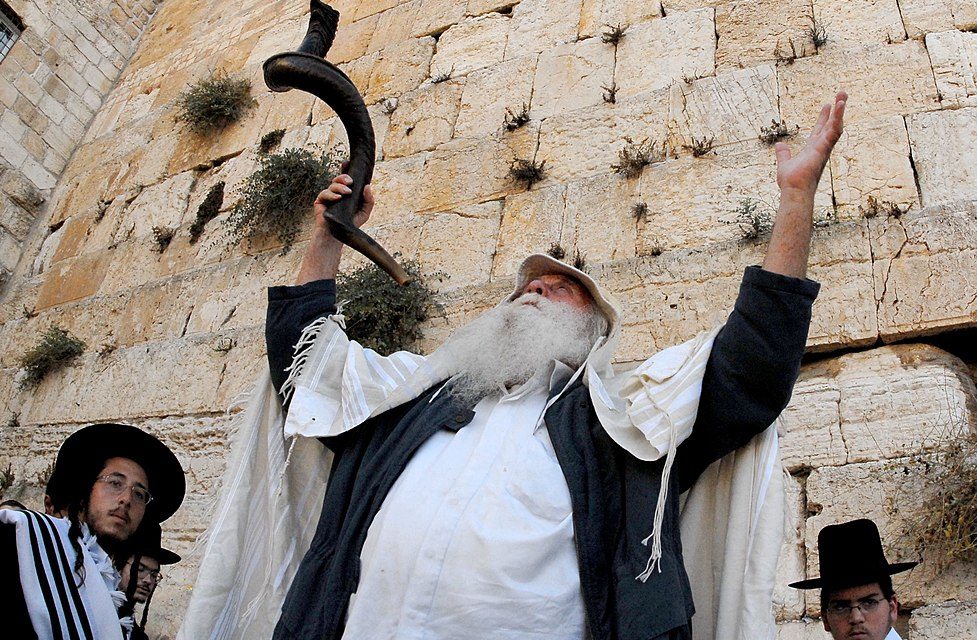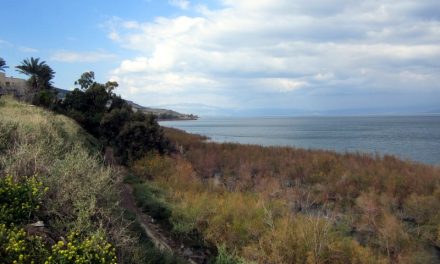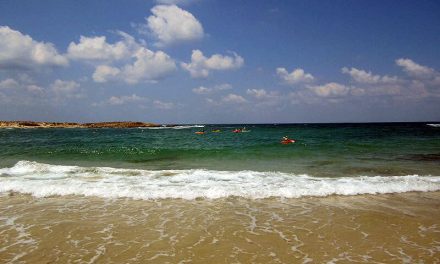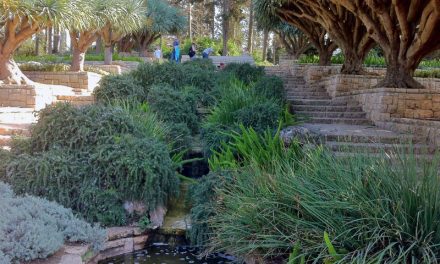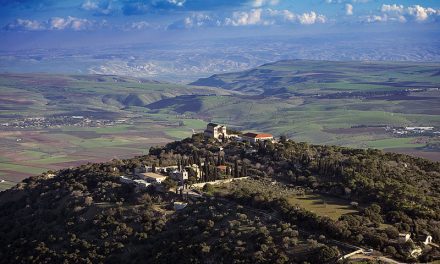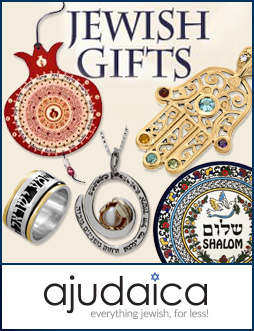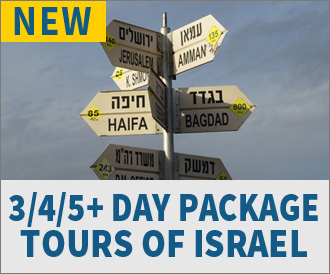Vacationing in Israel during the Jewish holidays can be a wonderful added extra to your holiday experience.
You could be at the Western Wall (the kotel in Hebrew) at the start of the Yom Kippur fast witnessing an incredible sight of hordes of worshippers dressed in white starting their 25 hour fast.
A great way to spend the holiday of Shavuot is to stay at a Kibbutz, where the harvest festival resonates deeply. In addition to the traditional first harvest of crops such as wheat, you might also sneak a peek at the newborn lambs and cows.
When you plan your vacation to Israel, be sure to check out which of the holidays fall on your chosen vacation dates.
Jewish Holidays – Quick Facts
- Holiday dates vary because the Jewish calendar is lunar, not solar.
- Holidays begin at sunset the night before.
- Most businesses, including public transportation, are closed on the holidays.
Every Jewish festival is celebrated differently, along with festivals and events unique to each holiday’s time of year. My top recommendations for spending the Jewish holidays in Israel cover:
- Where to experience the spiritual side of each of the Jewish festivals.
- The festivals and events worth seeing and those to avoid.
- Amazing holiday trips from the north of Israel down to the Negev desert.
- Which holidays have restrictions and how this could affect your holiday plans.
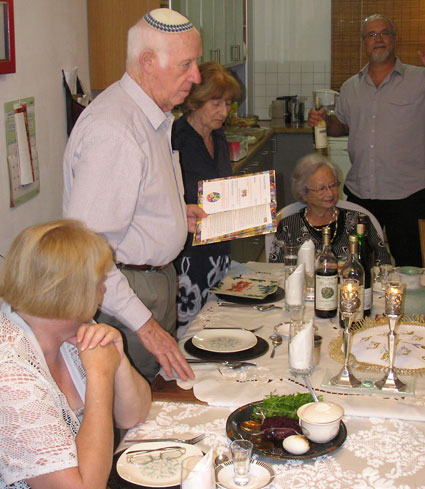
Most of these are also national holidays in Israel, which means that businesses and public institutions such as schools are closed, including public transportation, which is limited.
We will let you know which holidays have restrictions and how this could affect your holiday plans.
The major holidays are:
- Rosh Hashanah (Jewish New Year). This holiday is known as the Jewish New Year and usually occurs between September and October.
- Yom Kippur (Day Of Atonement) the day of fasting comes 9 days after the Jewish New Year.
- Hanukkah – Known as the Festival of Lights, this holiday occurs in December around the time of Christmas.
- Tu Bishvat – A one day holiday, occurring on the 15th day of the Hebrew month of Shevat. It is also called “Rosh HaShanah La’Ilanot”, literally “New Year of the Trees.” In Israel the day has become an ecological awareness day and trees are planted in celebration. It is customary to eat dried fruits and nuts symbolizing the connection with the Tree of Life that God placed in the Garden of Eden.
- Purim (Festival of Lots) A joyous festival with fancy dress and parades. Occurs in March.
- Pesach (Passover) – This holiday commemorates the Exodus from slavery in Egypt. Occurs in April.
- Yom Ha’atzma’ut – Independence Day is celebrated in May with fireworks and cultural events around the country.
- Lag Ba’Omer – This holiday is celebrated in Israel all over the county, around bonfires, with singing and dancing into the night.
- Shavuot (harvest festival) – The harvest festival celebrates the first crop in May.
There is an old Jewish joke that defines quite accurately most of the Jewish holidays. It goes like this… Someone tried to conquer us, we won!!! Let’s eat.
For me personally, like many people in Israel the holidays are all about family and food; lots of family gatherings and lots of food. If the weather permits, then picnicking in nature or on the beach is also a perfect way to spend the day. The national parks and beaches are usually full of holiday travelers.
There are many Jewish festivals and special days in the Jewish Calendar either commemorating a major event in Jewish history or celebrating a certain time of year.
Which ever time of the year you choose to be in Israel, experiencing any of the Jewish holidays will only add to your overall enjoyment.
We hope to see you here soon
More about Israel from Israel Travel Secrets.
Chag sa-meach (Happy Holidays in Hebrew)
Lisa

